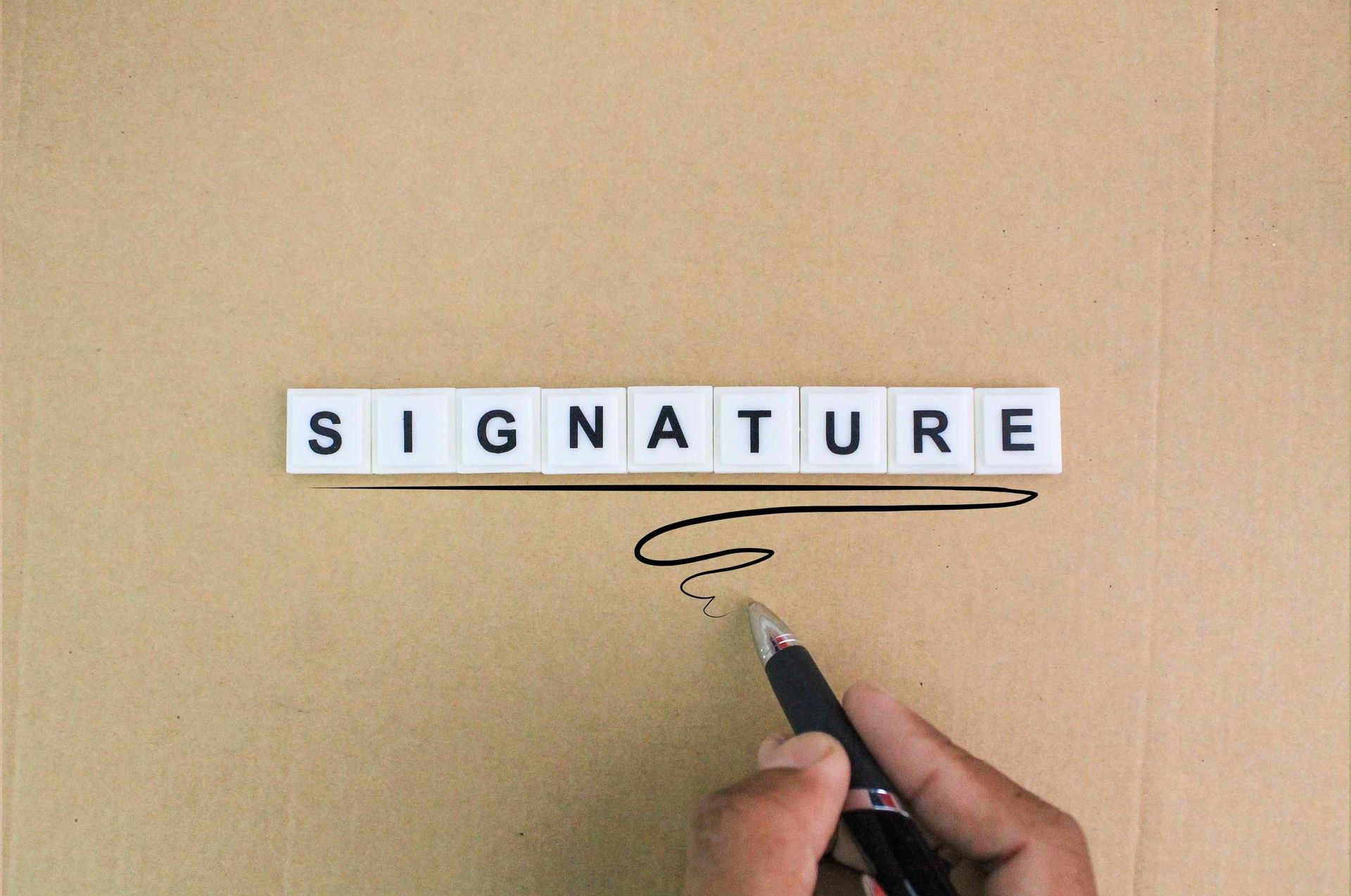Wills Notarization
At The Nearby Notary found worldwide, we specialize in the notarization of wills. Ensuring your will is properly notarized is crucial to its validity, making sure your final wishes are honored accurately.
Why Notarizing Your Will Is Important
The Importance of Notarizing Wills
Notarizing your will confirms that the signature on the document is yours and that you signed without pressure. This legal step adds a layer of protection against disputes over the will's authenticity.
Understanding
Wills
What Is a Will?
A will is a legal document where you state how you want your assets distributed after your death and who will be in charge of the process. Notarization helps confirm the document's validity and your intent.
Step-by-Step Notarization
FAQs on Notarizing Wills
- Do I need a lawyer to make a will? While it’s not required, consulting with a lawyer can ensure your will complies with state laws and your wishes are clearly expressed.
- Can a notarized will be contested? Notarization doesn't prevent a will from being contested, but it does strengthen the evidence that it was executed properly.
- How often should I update my will? Review and potentially update your will during major life changes such as marriage, divorce, or the birth of a child.
- Who should be my executor? Your executor should be someone you trust to manage your estate after you pass away. This person will be responsible for handling your assets, paying off debts, and distributing your property according to your will. Many people choose a family member, friend, or legal advisor as their executor.
- What happens if I don't have a will? If you don't have a will, state laws determine how your assets are distributed after your death. This process, known as intestate succession, may not align with your wishes, and it can complicate matters for your family.
- Can I write my own will? Yes, you can write your own will, but it's recommended to consult with a legal expert to ensure it meets state laws and is properly structured. Incorrect or unclear wording could lead to confusion and potential disputes during probate.
- Can I change my will after it's been notarized? Yes, you can change or update your will at any time. To do so, you can create a codicil (an amendment to your will) or draft a new will. Both options should be notarized to ensure legal validity.
- Do witnesses need to be present when I sign my will? Yes, most states require witnesses to be present when you sign your will. Witnesses help confirm that you signed willingly and with a clear mind. Check your state's specific requirements for witness count and other rules.
If you have any questions, don't hesitate to contact us. We are here to help!
Ready to Secure Your Will?
If you’re ready to have your will notarized or have any questions about the process, contact The Nearby Notary today. We’re here to help ensure your will is properly documented and legally sound. Visit our office in Phoenix or reach out to schedule a consultation.




